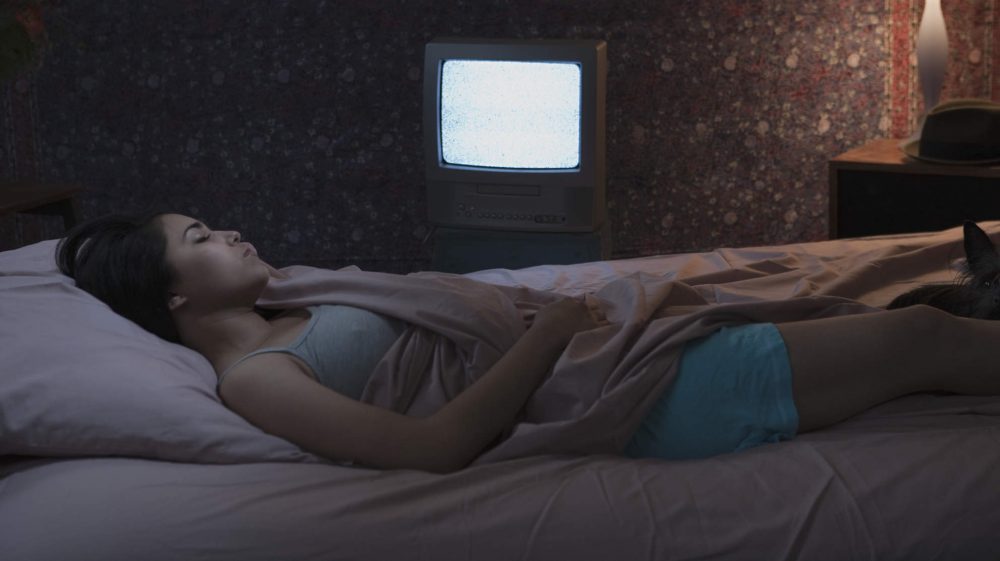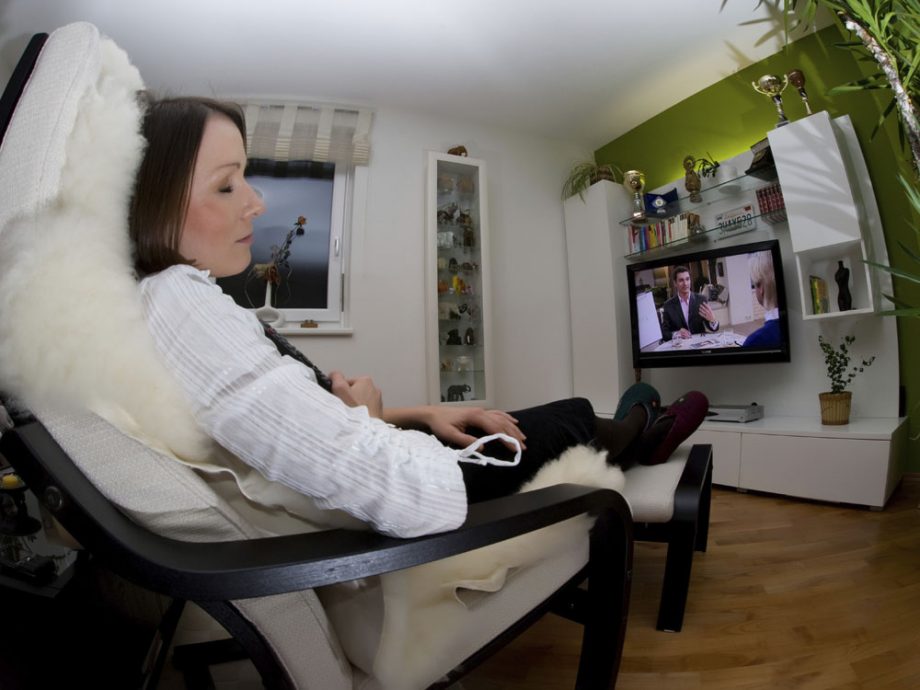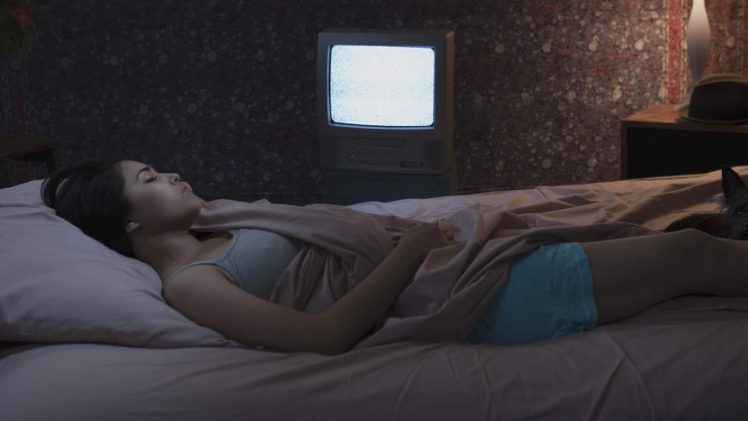We have all been in a situation where we would fall asleep with the TV on. It’s actually a pretty common thing to fall asleep while streaming a TV show or a movie that we’ve watched a few times. Many of us have come home tired after work, and all it takes to put you to sleep is a pillow for your head, and setting the TV volume low and use it as a sedative.
For some people, falling asleep in front of the TV is an everyday routine. According to a study conducted by the National Sleep Foundation, as much as 60% of Americans watch TV before falling asleep, and another study by LG Electronics found similar results with 61% percent of people falling asleep while watching TV.
Sleep medicine specialists and coaches say that using any media as sleep aid will only worsen your sleep quality. Others say that zoning out in front of the TV promotes better sleep hygiene. The studies and feelings among professionals are definitely mixed on this subject.
TV background noise might help you fall asleep faster

Source:motherboard.vice.com
Experts suggest that setting the TV volume low enough to keep your thoughts at peace is something similar as to using a white noise machine. A white noise machine creates ambient noise that makes you fall asleep faster, as well as, reduce stress, calm your mind, improve focus, and more.
Streaming a movie or an episode that you’ve watched a few times can create a sense of familiarity and comfort. This will trigger a response that will make you more likely to fall asleep.
TV background noise can easily compromise your sleep quality

Source:look.co.uk
Falling asleep in front of your TV means you’re constantly bombarded by blue lights coming from electrons through your TV screen. According to an article about melatonin, constant exposure to blue lights will have a negative effect on the production of melatonin, which is a hormone that regulates your sleep and wake cycle. Less melatonin means poor sleep quality by increasing the time it takes for you to fall asleep. The constant flickering of the TV screen puts your body and mind to sleep, but you miss out on the important restorative work that the body does every day during sleep, such as muscle healing and consolidation of memories.
There are ways to lessen the negative effects of blue lights

Source:pcmag.com
Avoiding your phone and tablet before sleep will lessen the amount of blue light that you’re subjected to. Studies found that tablets and phones, which are right in our faces, emit moiré blue lights than your TV. Another option is to turn away from the screen and only listen to the audio. Disabling autoplay can be helpful as it lowers the chances of you being interrupted while sleeping, subsequently improving your sleep quality. Setting a shutdown timer on your TV to turn off automatically after a certain time can be beneficial as well. You would be fast asleep by this point, and the light from the TV won’t disturb you while you sleep.
Conclusion
It is important to not be dependent on TV in order to fall asleep. Yes, some say it might improve sleep quality and promote good sleep hygiene, but the alternative is sleep deprivation and poor quality of melatonin production in your system.
However, anxiety is a common disorder in the US and our inability to quiet our thoughts is the primary sleep killer. And reports have shown that sleeping with your TV on helps your mind calm down and ignore all of your racing thoughts.






